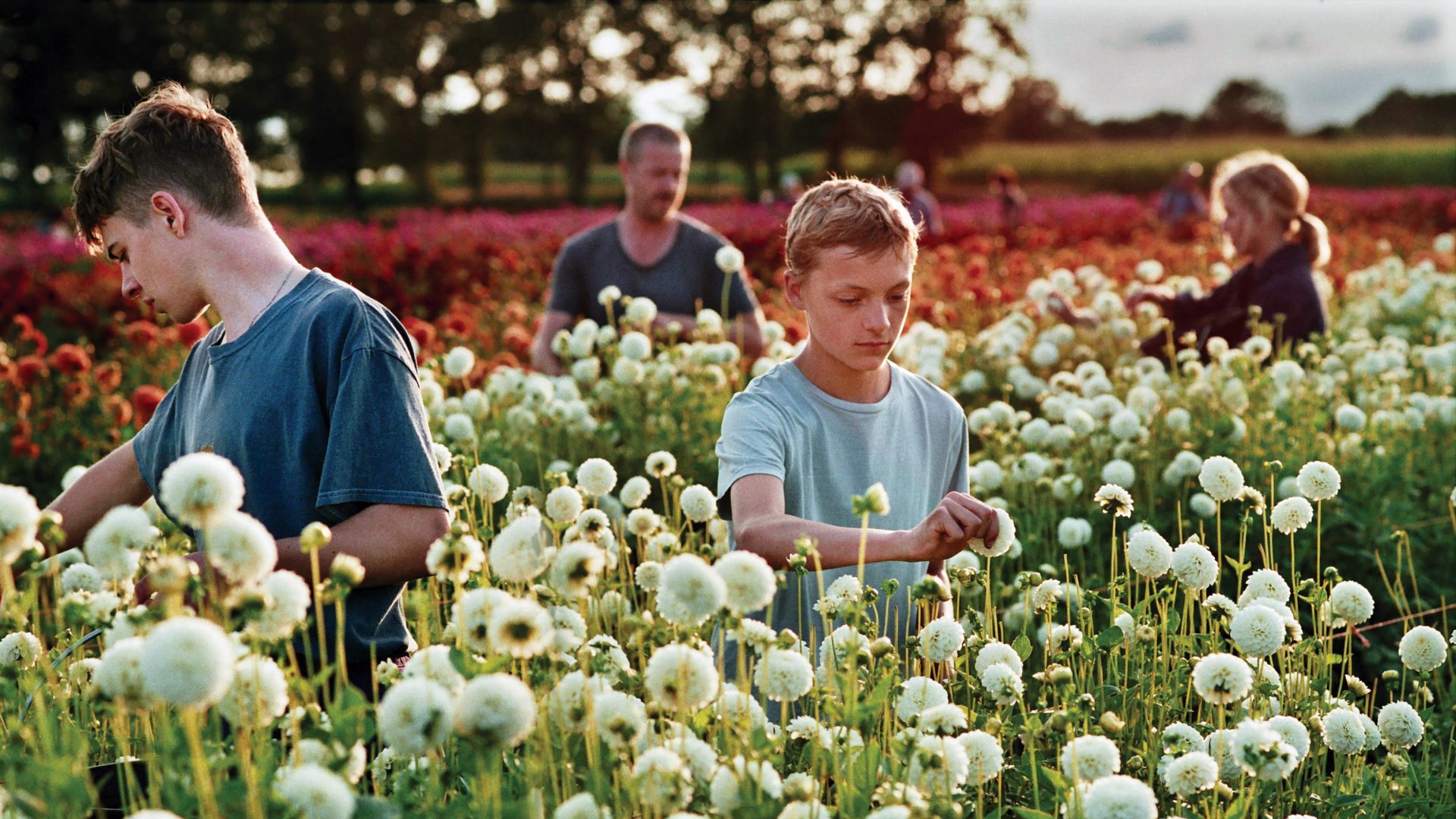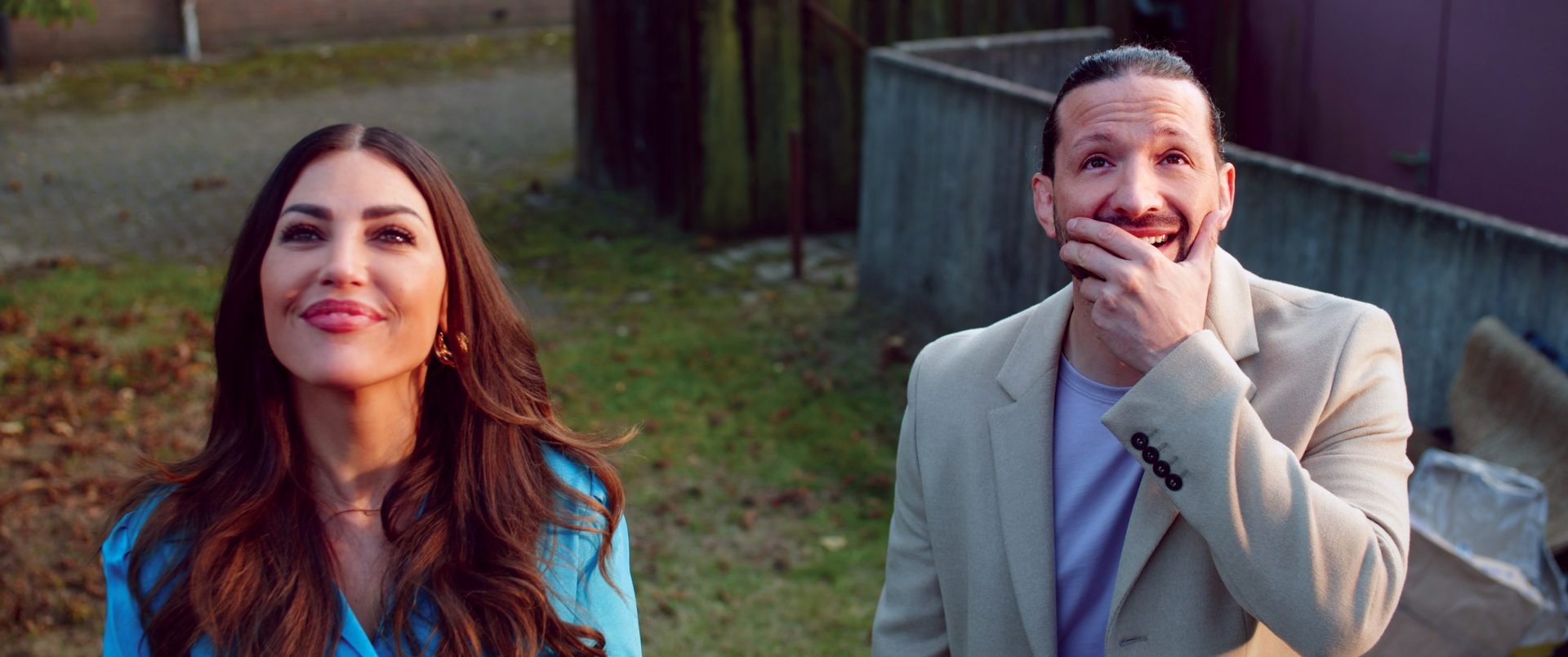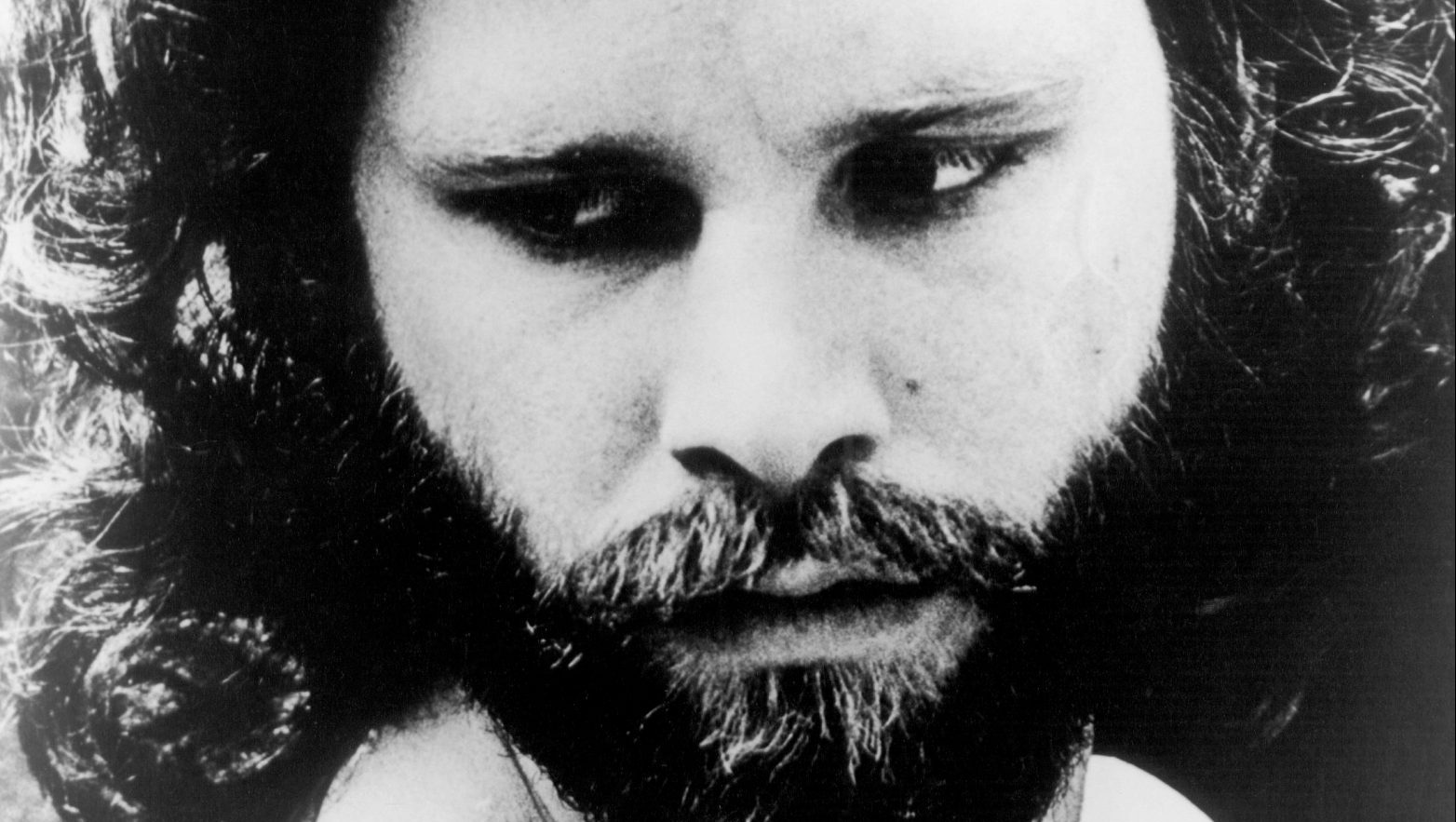Let’s start with the winners, because Cannes is a competition, and that’s what makes it the best and toughest film festival in the world.
So congratulations are due to Triangle of Sadness director Ruben Östlund for becoming one of the select band of eight double Palme d’Or winners (joining Ken Loach, the Dardenne brothers, Emir Kusturica, Michael Haneke, Francis Ford Coppola, Shōhei Imamura and Bille August). Park Chan-wook’s win for Best Director is well-deserved and Lukas Dhont must have been very
close to the big prize, having to settle for second place’s Grand Prix for his
film about two boys’ friendship in Close, tied with Claire Denis for her languid Stars at Noon. A popular win was for Best Actor for the Korean star Song Kang-ho, for his part as a loveable rogue child trafficker in Hirokazu Kore-eda’s film Broker – he featured in 2019’s winner, Parasite, and was a member of the jury last year, so pretty much “in the Cannes club”.
For all the hype about the return to normality after the pandemic-hobbled years, this wasn’t a vintage selection of movies. A great edition of the festival – and this was its 75th, so it should know how to do it by now – needs a couple of really buzzy movies in the main competition to ignite the atmosphere. Instead, this year the famous Screen International Jury Grid (which compiles the aggregated marks of a select panel of critics as the days
unfold) could only muster one movie – Park Chan-wook’s Korean noir Decision to Leave – that nudged above 3.0, about as “meh” a group reaction to the competition as I can remember.
It was as if the movies had long Covid, mopey and lethargic, about lonely characters looking for love, connection and belonging, just as we all have these past couple of years. It might have been me, but it felt like a theme. It was certainly there in Claire Denis’s disappointing Stars At Noon, featuring Margaret Qualley (Andie MacDowell’s daughter) as a “journalist” in a corrupt and deserted Nicaragua, where she has to sleep with local dignitaries and soldiers to keep her passport and press card. (I don’t know why she couldn’t just file a piece or two but she seems to have no interest in doing any actual work). She starts an affair with a lumpy English bloke (Joe Alwyn) who may or may not work for an oil firm and the two make a slow dash for the Costa Rican border.
Denis is one of my favourites when she’s on form and her spikiness is always welcome but it was missing here, except in the coltish sexual antics of her actress. Like so many of the films here, it was divisive and could find proponents as easily as detractors. Maybe that’s where we’re at now, division everywhere?
That drifting sense of alienation in Denis’s film (the only one set during
the actual pandemic, with characters wearing masks and taking PCR tests)
was something a film-maker such as Antonioni was famous for capturing – this film reminded me of his The Passenger – and it was heavily present in plenty of other competition films, such as Léonor Serraille’s tender Mother & Son, about a family from Cote d’Ivoire trying to lay down roots in Paris in the 80s and 90s; in Hirokazu Kore-eda’s Korean-set but frustratingly minor child-trafficking film Broker, it was even in Jerzy Skolimowski’s extraordinary donkey movie EO (at 84, the Polish auteur delivered the most experimental and avant-garde film in town, with some of the best music). Everywhere, it felt to me that characters on the screen were drifting and looking for love and meaning, for somewhere to belong, to be “seen”, rather than watched.
That was certainly the theme of haunting Italian film Nostalgia, starring that distinctly lugubrious-looking Italian Pierfrancesco Favino as a man called Felice (you could hardly imagine someone looking less felice) returning to his Naples neighbourhood after years away – even his fluency in the local dialect has gone rusty and he can hardly remember how to order a pizza. The reunion with his elderly mother is beautifully moving, as are shots of the city’s back alleys, streets and buildings.
Gradually, and I mean really gradually, we find out why he left and discover that his childhood friend has now become a ruthless local gangster boss, and we get to the reasons why Felice was banished for so long. If it wasn’t so stylised, so heavily determined to be obtuse and mysterious, I kept thinking, we could have a great film on our hands. Maybe I’ll remake it one day.
Because this Cannes was my first as a producer. After 25 years of covering it as a reporter and critic and presenter, I’ve optioned a fabulous new book called A Waiter in Paris, and got hold of a charming new British comedy script and decided to see if I can make the thousands of hours of films I’ve watched come alive myself.
Although I’ve seen this hidden other world at Cannes many times, I’ve always retreated from it before, preferring to duck into the Palais to watch a movie or interview a star rather than find out what the business was really up to. But this year, I dived into the panels on film funding and co-productions and heard of the struggles of my (new) colleagues as they put their projects together with bits from Flanders, Campania, the Irish Film Board and got something from Romania if they agreed to do the post-production there, and some Polish funding if they used a Polish cinematographer. This is how European independent film is put together, a jigsaw of investment, luck, kindness and collaboration. It seems bewildering, complicated and surely more trouble than it’s worth.
“Well, that’s because nobody really wants to watch those movies,” explained my mate Alex, who’s been in Hollywood for the past decade. “They might be arty and worthy, but if it takes you 20 different funds to scrape the money together, something’s wrong.”
And there you go, two different approaches. “Get a great idea, get your script right, get a good director and maybe a decent star, and off you go. Everyone wants to watch that and fund that. You’ll get the money in a heartbeat.” Alex knows his stuff, but doesn’t like cigars. He makes it sound simple. I should also add that Alex hasn’t produced a decent movie in yonks. He puts on a great lunch, though.
What I’ve learned is that there aren’t any rules. Any schmuck can become a
producer, which is both good and bad. An agent I’ve known for years, when I
told him at a swanky dinner that I was becoming a producer, smiled like a
lizard. “You do know that’s the hardest job in the whole game?” he said.
One day I was on top of the world, the next on the floor. A big-shot money guy was going to give me some dosh after I’d pitched him my projects at a
random party on the beach. “Best presentation I’ve seen all festival, my
boy,” he said. The next day, an award-winning French producer sat down, listened for two minutes and just said: “Who’s directing?” I thought I could be honest and tell him I didn’t know. Big mistake. He got up, said I should come back to him when I’ve got more answers. “I need a piss before my next
meeting,” he said.
Cannes is a bear pit. People delight in telling you they’ve been in “back-to-back” meetings all day, seeing sales agents and foreign buyers, flogging
their movie to MUBI or Picturehouse or Sony Classics or Neon. I felt I wasn’t
seeing enough movies, making enough deals or doing enough lunches or
cocktails, or being invited to enough parties – it was an overload of FOMO.
I wanted to put my head under the duvet but it was hot this year. But then I got to pitch my movie live on Radio 4, had a great dinner with the screenwriter of the comedy film I’m producing and then Film 4 said, sounds interesting, let’s meet back in London, and all was good again.
Like I say, it’s easier to disappear into a movie. Of course it is: someone else has done all the hard work. As a critic, I’ve just got to watch it and write about it and then I’m done with it. Do I appreciate all the graft and craft that’s gone into now, too much to write anything dismissive? Maybe.
Didn’t stop me from hating the Dardenne brothers’ latest, Tori and Lokita, about two kids from Benin running drugs from an Italian restaurant. These directors are double Palme d’Or winners and every year get tipped to become the first to get the hat-trick, but Luc and Jean-Pierre are not at the top of their game any more and increasingly their movies feel like something from the Belgian version of Children’s Film Foundation.
One of the Dardennes’ earliest discoveries was the actress Émilie Dequenne who won Best Actress at Cannes in 1999, at the age of 17, in their Palme d’Or-winning Rosetta, and she returns now as a heartbreaking mum in Belgian Lukas Dhont’s realist tearjerker Close. Although the film belongs to the two 13-year-old boys at its centre, particularly the sublime Eden Dambrine as Leo, Dequenne grows increasingly important through the movie, which was certainly the only one in Cannes that dared go for the tears, and succeeded spectacularly.
So, if I have favourite things from Cannes 2022: they’re Close, which made me cry; Decision To Leave, which made me purr at the sheer skill of Park Chan-wook’s film-making; Mia Hansen Løve’s delicate touch on One Fine Morning with Léa Seydoux at her best, and the opening sequence of Triangle of Love. I loved the performance, too, of Annabelle Lengronne in Mother and Son as well as, in the same film, hearing ’90s trip-hop tune Underwater Love by Smoke City played practically in its entirety as we watched a young, stoned black boy dance to it in a tropical-themed Rouen nightclub.
And as a producer? Well, I had a great meeting at the Hotel du Cap, followed by a beautiful swim in the clear blue sea off the rocks there, there was the joy of hearing people saying “I’m in,” and don’t let me forget the enormous rich and buttery sea bass at fish restaurant Fred l’Ecailler that I shared with, among others, Gael García Bernal and Daniel Brühl. That’s movies, that’s business and that’s Cannes.




